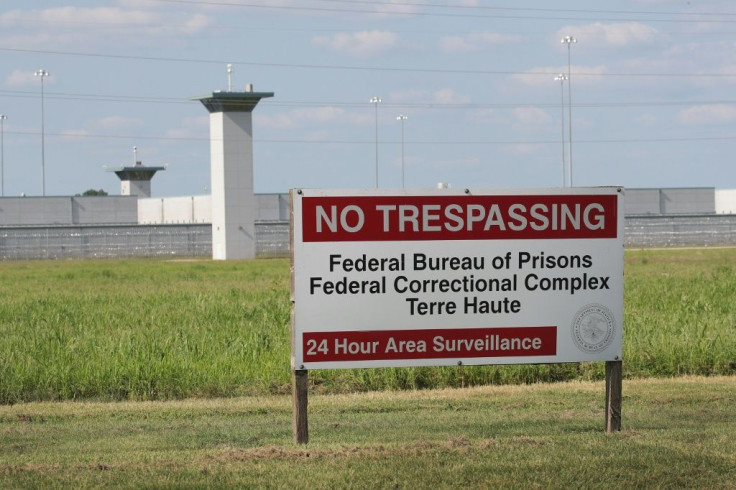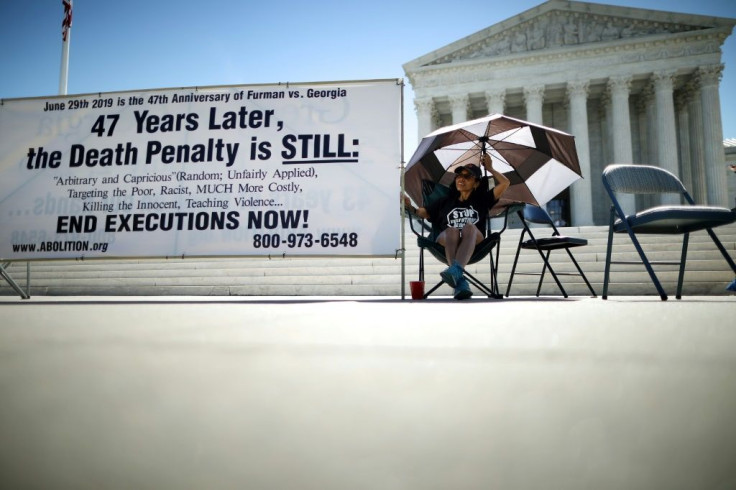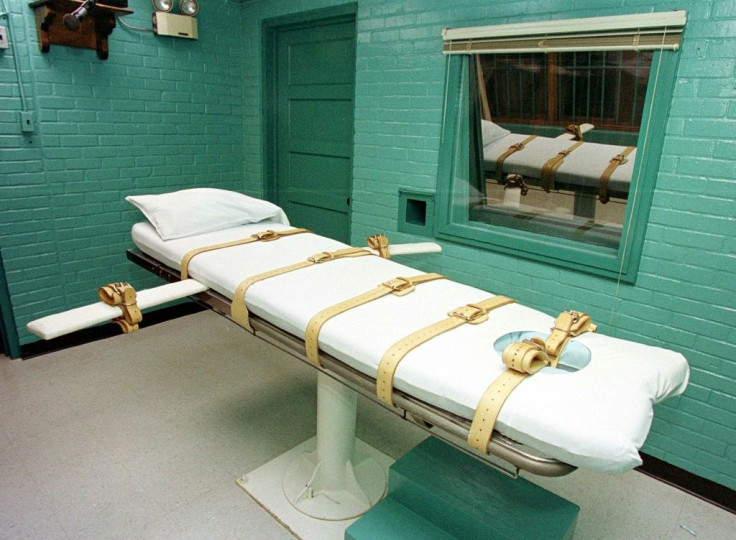Top US Court Blocks Resumption Of Federal Executions -- For Now

The US Supreme Court on Friday refused to lift a stay on federal executions, temporarily thwarting plans by Donald Trump's Justice Department to imminently resume capital punishment.
There have been just three federal executions since the death penalty was reinstated by the US government in 1988, the last one 16 years ago.
The Justice Department wants to resume the use of the death penalty for federal crimes, and the next execution could have taken place as soon as Monday.
Daniel Lewis Lee, an avowed white supremacist, was scheduled to be put to death for the 1996 murder of a family of three, including an eight-year-old girl.
But the Supreme Court declined to allow federal executions to go forward for the moment, saying that -- "in light of what is at stake" -- the block on executions should be reviewed by an appeals court.
It added that while the application was denied for now, another could be filed if the matter had not been resolved by lower courts within 60 days.
Attorney General Bill Barr announced in July that the Federal Bureau of Prisons would adopt a new lethal injection protocol, paving the way for the executions of five convicted murderers held at the federal penitentiary in Terre Haute, Indiana.
The executions were set for between December 9 and January 15, 2020 using a lethal dose of the drug pentobarbital.

Four of the condemned men sued, challenging the legality of the protocol, and lower courts stayed the executions.
"The courts have made clear that the government cannot rush executions in order to avoid judicial review of the legality and constitutionality of its new execution procedure," said Shawn Nolan, a lawyer for one of the inmates.
Citing the "staggering brutality" of the crimes, the Justice Department asked the nine-member Supreme Court to lift the stays and allow the executions to go ahead.

The fifth planned execution -- that of a Native American man from the Navajo tribe -- was suspended by another court.
Since taking office, Trump has appointed two judges to the Supreme Court and conservative justices outnumber liberals by five to four.
Trump is a fervent advocate of the death penalty and has even said it should be applied against drug dealers.
Lee, who was scheduled to be executed on Monday, was condemned to death by a federal jury in 1999 for the murders of Bill Mueller, his wife Nancy, and Nancy's daughter, Sarah Powell.
Lee's accomplice, Chevie Kehoe, the man seen by many as the actual mastermind of the crime, was meanwhile sentenced to life in prison.
Because of the disparity in the sentences and her religious convictions, Nancy Mueller's mother, Earlene Peterson, is opposed to his execution.
"I can't see how executing Daniel Lee will honor my daughter in any way," Peterson said in a video posted online. "In fact, kind of like it dirties her name because she wouldn't want it and I don't want it."
According to opinion polls, support for the death penalty has declined in recent years and is down to around 54 percent from 80 percent in the early 1990s.
Only a handful of states, mainly in the US south, still carry out executions. Of the 25 executions in the US in 2018, 13 were in Texas.
Most crimes in the United States are heard in state courts, but some are handled by federal prosecutors, such as hate crimes, some particularly heinous crimes or those that take place on military installations or Native American reservations.
The last federal inmate executed was Louis Jones, in 2003, for the murder of a fellow soldier.
Juan Raul Garza was executed in June 2001 for the murders of three drug traffickers.
Timothy McVeigh, who carried out the 1995 Oklahoma City bombing that killed 168 people, was executed that same month.
© Copyright AFP 2024. All rights reserved.





















